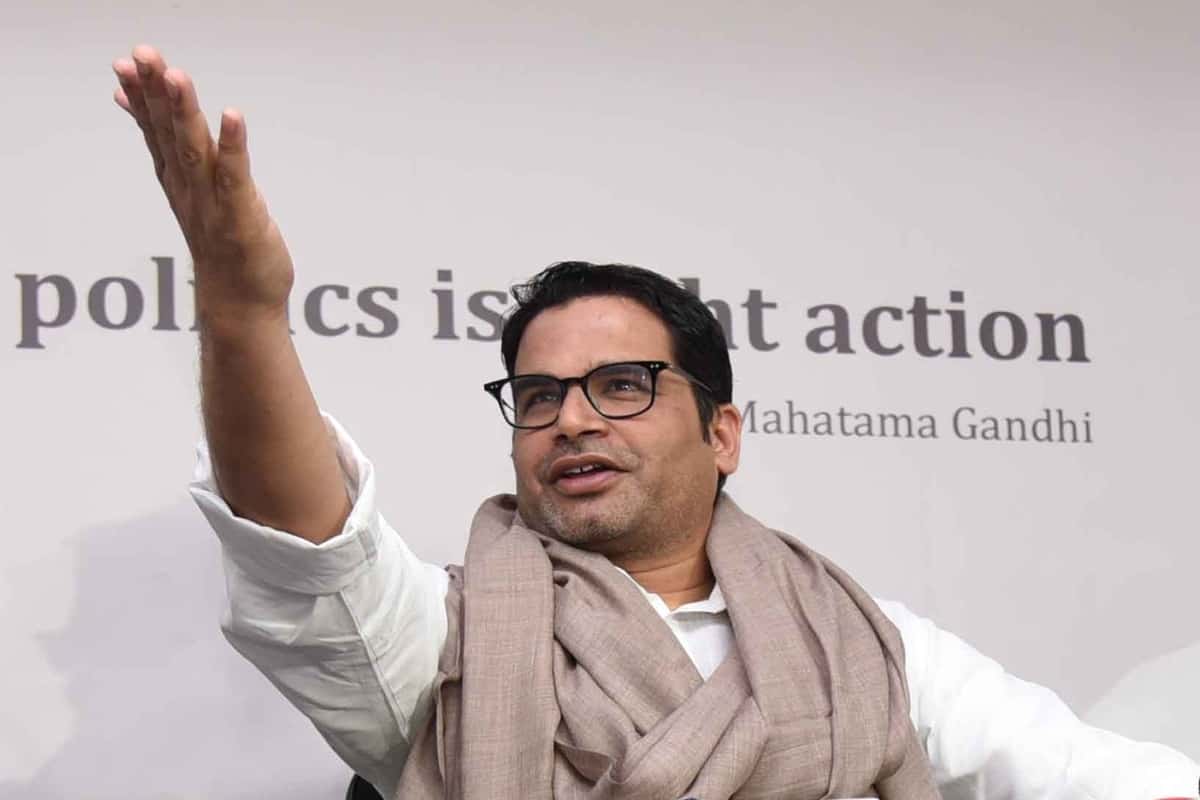
Patna: A day after ace political strategist Prashant Kishor announced an Jan Suraaj campaign in Bihar and targeted top leaders of the state over “lack of development” over the last three decades, his gambit seemed to work with Chief Minister Nitish Kumar on Friday dismissing his claim.
“Mahatva Satya Ka Hota Hai (truth has an importance) and the truth is that Bihar has been walking on the development path,” Nitish Kumar, trying to give an impression that he would not take any notice of Kishor’s statements, said while interacting with media.
“Who is saying that development works have not taken place in Bihar. I would not give any importance to it. I want to tell you to analyse whether development has taken place or not. You (media) should answer him about the development works being done in Bihar,” he said.
A few hours later, Kishor hit back.
“Nitish Kumar rightly pointed out that the ‘Truth has an importance’ and ‘It is a truth that Bihar is the poorest and backward state of the country in the last 30 years of the tenures of Lalu Prasad and Nitish Kumar.
“Now, new thinking is required for the transformation of Bihar and it is possible through collective efforts of the people of Bihar at mass level,” Kishor tweeted.
With his response, the strategist delivered a strong message – that he is ready to accept challenges of Nitish Kumar to complete his mission, as well as that he is not executing any hidden plan of Nitish Kumar in Bihar or joining the JD-U in future.
Being a political strategist, he knows how to create political space for himself in Bihar, and that without targeting Nitish Kumar and Lalu Prasad, he cannot achieve his political ambitions.
Kishor on Thursday claimed that during the last 30 years, two political regimes of two different ideologies ruled the state – 15 years government of Lalu Prasad and 15 years of Nitish Kumar – but adequate development works have not taken place in Bihar compared to other states. This is reflected in the analysis of central agencies, as the basic infrastructure in sectors like health and education is in a pathetic state.
